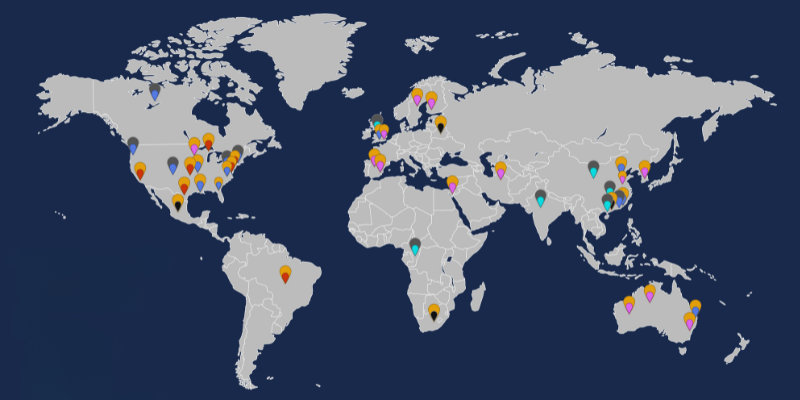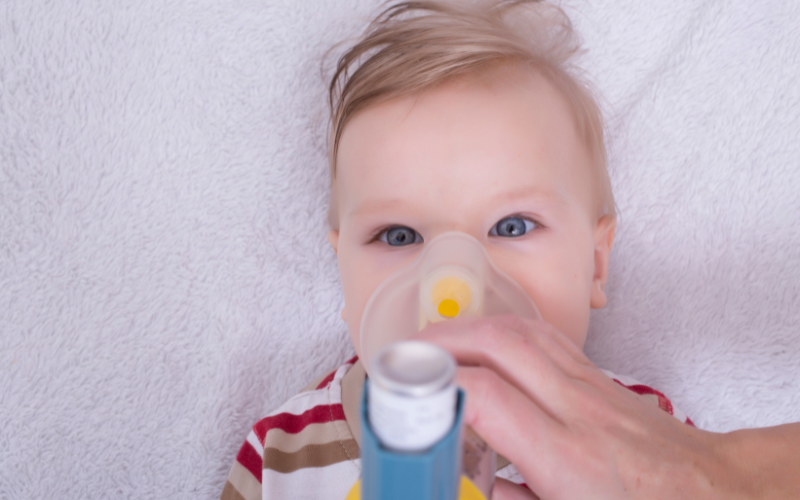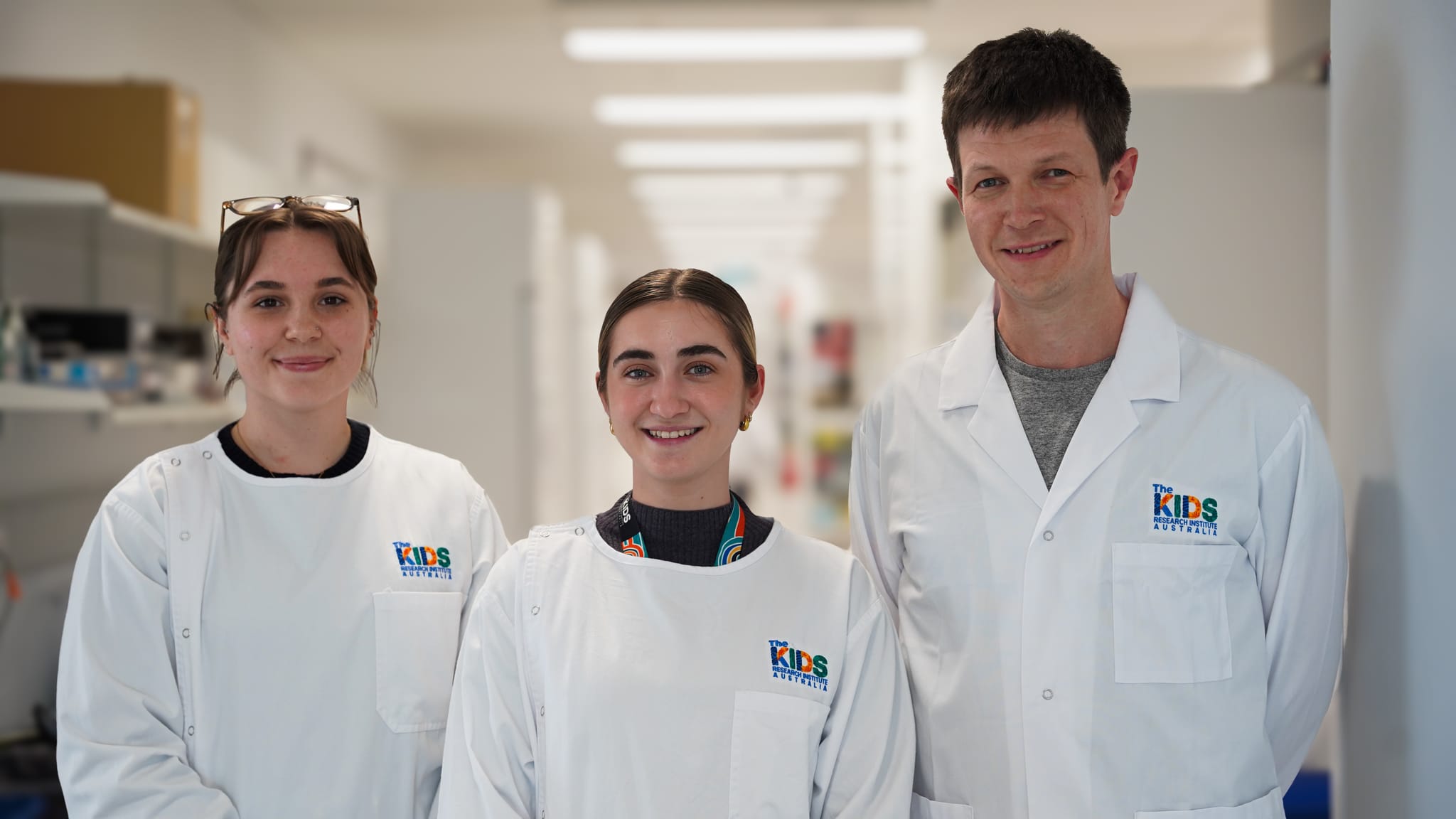Search

News & Events
Fellowship to support research into ways to improve the lung health of people born pretermWal-yan Respiratory Research Centre researcher Ms Denby Evans has been awarded one of four inaugural fellowships supported by the State's Future Health Research and Innovation (FHRI) Fund and Brightspark Foundation, enabling her to further her research into ways to improve the lung health of people

Ferries As with previous years, attendees will be required to make their own way to the island. Rottnest Express offers discounted weekday travel

News & Events
Respiratory research program recruits 400th participant, marking key milestoneIn September 2024, the Western Australian Epithelial Research Program (WAERP) reached a significant milestone by recruiting its 400th participant.

News & Events
Kids Easy Breathing Study KickstartsThe Kids Easy Breathing Study kickstarts this month, with the aim of finding out how the airway surface is different between infants who develop chronic lung disease after contracting bronchiolitis compared with those who don’t.

News & Events
Wal-yan researchers to participate at scientific meeting for leaders in lung health and respiratory medicineMore than 15 researchers from the Wal-yan Respiratory Research Centre will head to the Gold Coast this weekend to take part in at The Thoracic Society of Australia and New Zealand and The Australia and New Zealand Society of Respiratory Science (TSANZSRS) Annual Scientific Meeting (ASM).

News & Events
Study shows climate change will devastate children’s health without fast global actionIncreased numbers of preterm births, higher incidence of respiratory disease and death, and more children in hospitals are some of the stark health outcomes the world is facing from the impacts of extreme climate change.

News & Events
Unravelling the mystery of persistent wheeze in children: Study reveals crucial immune cell differencesThe study found the rare immune cells, known as plasmacytoid dendritic cells, showed clear signs of activation and virus defence in children with transient wheeze, whereas in children with persistent wheeze the same immune cells showed very limited activation without any signs of virus defence.

News & Events
A new phage discovery in the fight against Antimicrobial ResistanceJack Canning, a PhD researcher in the Wal-yan Respiratory Centre’s Phage WA team, has made a significant finding in the search for alternative treatments to antimicrobial-resistant (AMR) bacteria.

News & Events
Immune patterns linked to childhood asthma riskNew research digs deeper into how children's immune systems handle viral challenges

News & Events
Unique twin study reveals clues to childhood allergiesA study published in Science Advances has revealed that while genetics play a significant role in shaping children's immune systems, environmental factors also influence key immune responses, offering opportunity for preventing allergic diseases.
